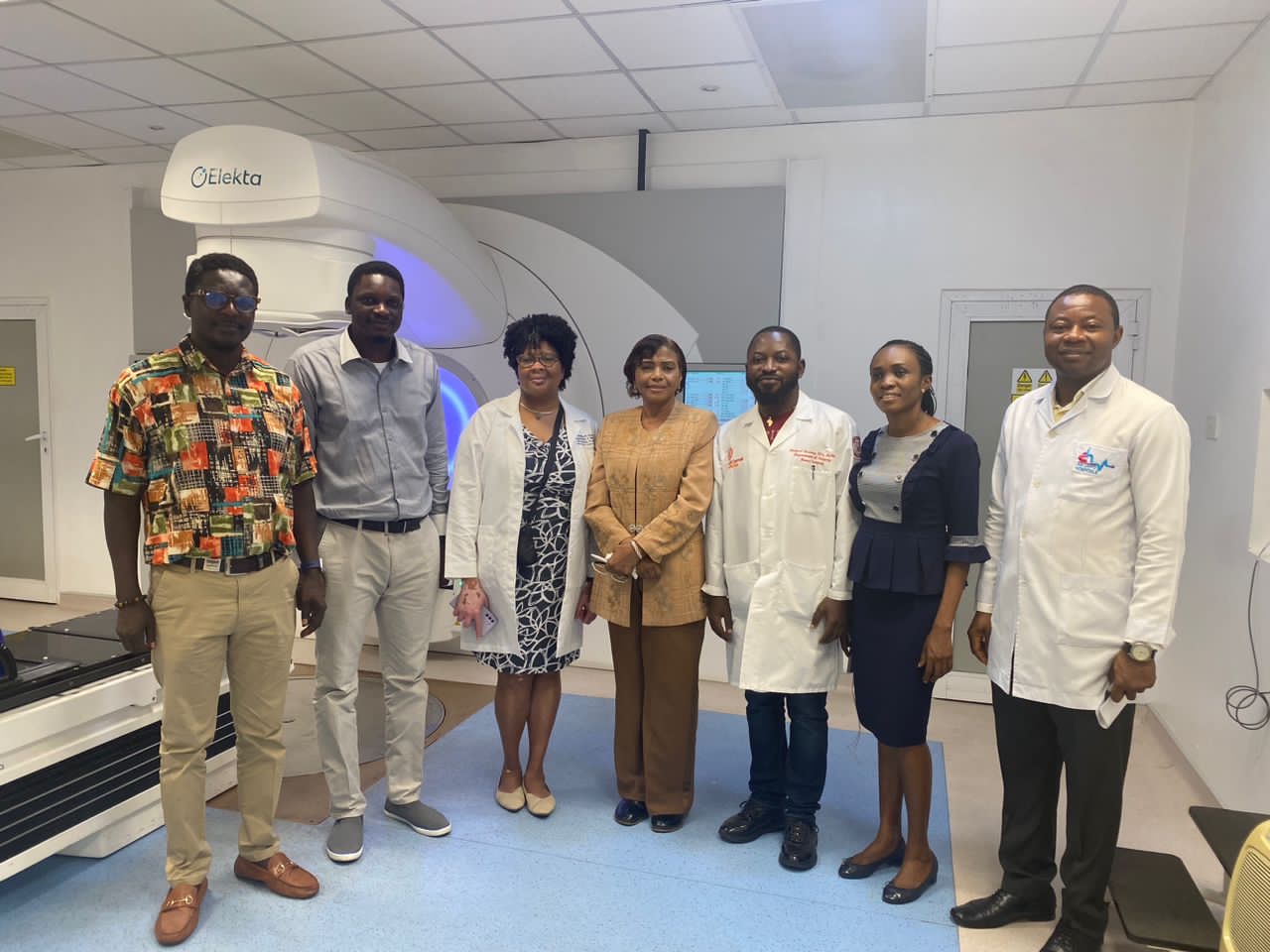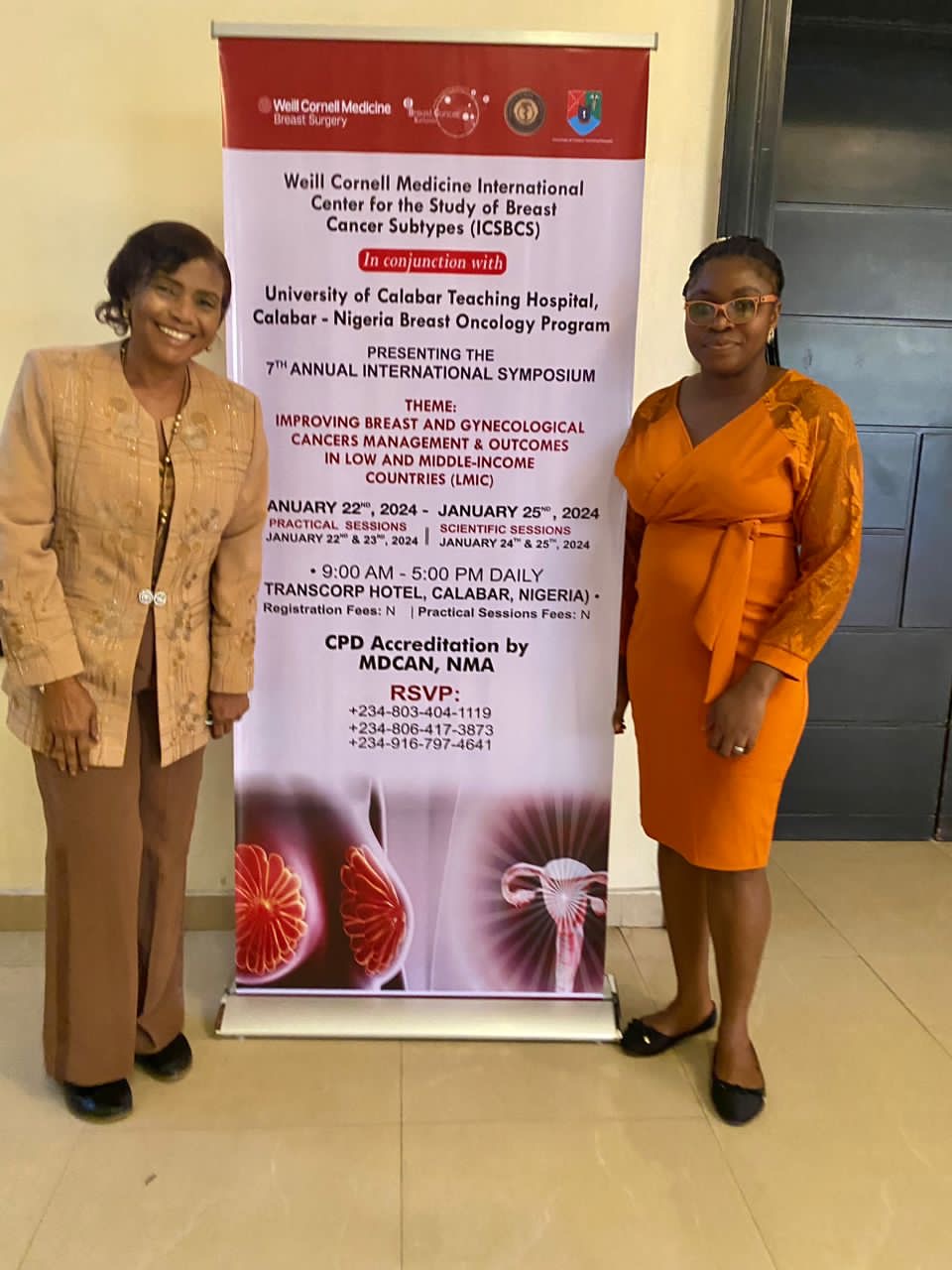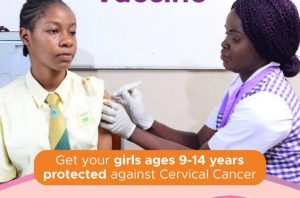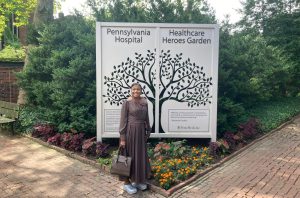My Dear Pinky Prof tribe
Listen up because I am about to drop some serious knowledge on improving breast and gynaecological cancer management in low-income countries. I recently had the privilege of attending the 7th Annual International Symposium at the University of Calabar Teaching Hospital, where I was blown away by the groundbreaking work being done by the Weill Cornell Medicine International Centre for the Study of Breast Cancer Subtypes.
Let me tell you, the information presented at this symposium was nothing short of mind-blowing. Weill Cornell Medicine is at the forefront of research and treatment when it comes to breast and gynaecological cancer, and their passion and dedication to improving outcomes for patients in low-income countries is truly awe-inspiring.
First off, let’s talk about the importance of having access to proper screening and diagnosis. In many low-income countries, women simply do not have the same access to mammograms, ultrasounds, and other diagnostic tools that are readily available in more developed countries. Without early detection, the chances of successfully treating breast and gynaecological cancer decrease significantly. This is where organizations like Weill Cornell Medicine come in, providing training and support to healthcare professionals in low-income countries to improve screening and diagnosis rates.
Now, let’s move on to treatment. I had the opportunity to see ASI Ukpo Cancer Center & Hospitals, in Calabar radiotherapy machines in action, and let me tell you, these machines are top-notch. Radiotherapy is a crucial component of cancer treatment, and having access to state-of-the-art equipment can mean the difference between life and death for many patients. Unfortunately, many low-income countries simply do not have the resources to invest in such technology. This is where international partnerships and collaborations become essential. We need to work together to ensure that all women, regardless of where they live, have access to the best possible treatment options.
But it’s not just about technology – it’s also about education and training. Weill Cornell Medicine is committed to providing training and support to healthcare professionals in low-income countries, so that they can deliver the highest quality care to their patients. This means sharing knowledge, developing best practices, and fostering a global network of healthcare professionals who are dedicated to improving breast and gynaecological cancer management.
And let’s not forget about the importance of research. We need to continue investing in research and clinical trials to identify new and improved treatment options, especially for aggressive subtypes of breast and gynaecological cancer. This requires funding, collaboration, and a commitment to making a difference in the lives of women around the world.
So, what can we do to support the efforts of organizations like Weill Cornell Medicine and others who are working tirelessly to improve breast and gynaecological cancer management in low-income countries? We can start by raising awareness and advocating for more resources and support for these vital initiatives. We can also make financial contributions to organizations that are leading the charge in this critical area. And, if you are a healthcare professional, consider getting involved in international initiatives and sharing your expertise with colleagues in low-income countries.
The bottom line is this – we cannot turn a blind eye to the disparities in breast and gynaecological cancer management around the world. We have a moral obligation to do everything in our power to ensure that all women have access to the best possible care, regardless of where they live. It’s time to step up and make a difference. Let’s stand with organizations like Weill Cornell Medicine and work towards a future where no woman is left behind in the fight against breast and gynaecological cancer.
checkout my land banking investing deal here
Checkout all my current offers HERE




















